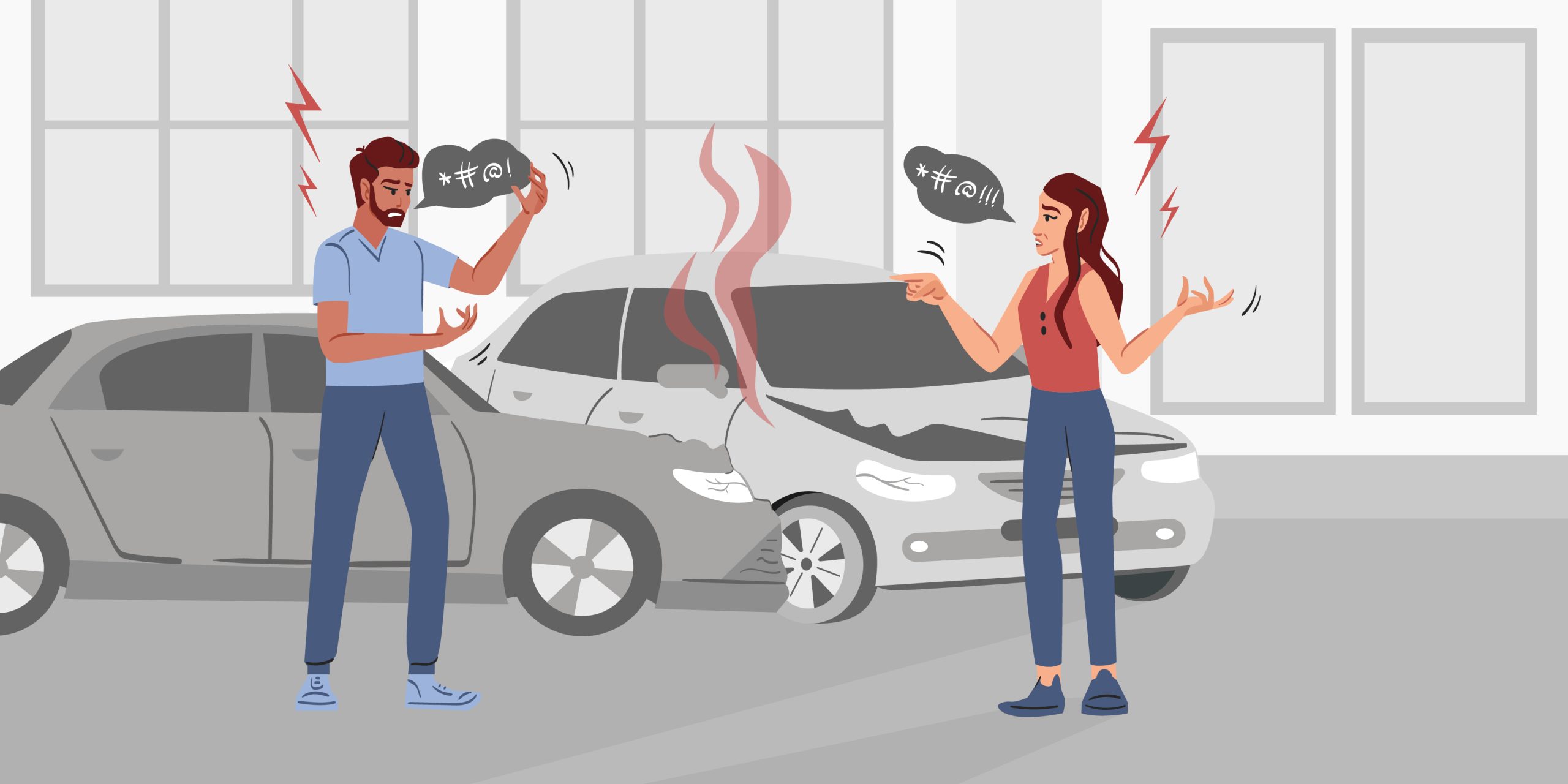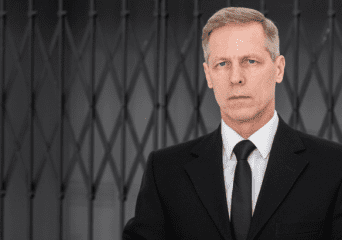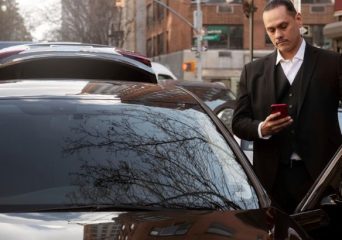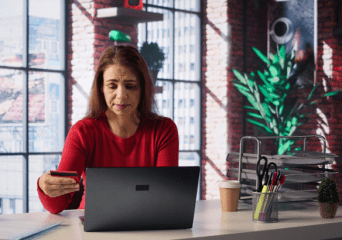
Table Of Contents
- Get Safe And Ask For Help/Medical Care
- Contact Law Enforcement
- Gather Evidence At The Scene
- Exchange Information
- Notify Your Insurance Company
- Consult A Legal Professional
- Understand Your Insurance Policy
- Consider Legal Action
- Document Medical Treatment and Expenses
- Communicate With Insurance Adjusters
- Explore Mediation Or Arbitration
- Prepare For Court If Needed
- Manage Stress And Emotional Impact
- Conclusion
What Legal Actions Should You Take After An Uninsured Car Accident?
Salt Lake City’s got this mix of gorgeous mountain views and, well, some not-so-great traffic. With more people on the roads every year, accidents are bound to happen. And here’s the kicker—sometimes the other driver doesn’t even have insurance. If that happens, you’re left dealing with bills, damage, and a whole lot of “what now?”
Normally, insurance softens the blow. In an uninsured crash? You’re kinda hanging in the wind. Medical costs, fixing your car—it’s all suddenly your problem. But don’t panic. There are steps you can take to protect yourself. And if you’re in Salt Lake, talking to a car accident lawyer in Salt Lake City is usually a smart move.
Get Safe And Ask For Help/Medical Care
Step one is simple but easy to forget in the chaos: check yourself and anyone else involved. Adrenaline has a sneaky way of masking injuries.
Maybe you feel “fine” in the moment, but later that night, you can’t turn your neck or you notice bruises popping up. Don’t take chances. Call an ambulance if anyone’s hurt, and even if it seems minor, schedule a check-up. Your body may be trying to tell you something that doesn’t show up right away.
Contact Law Enforcement
Once you’ve handled the immediate health concerns, call the police. People sometimes skip this because they think, “What’s the point if the other driver has no insurance?” But here’s the thing: that official police report is often the backbone of your claim. It provides a neutral account of what happened, which becomes incredibly important when you’re dealing with your insurance company—or a courtroom later on.
Be straight with the officers. Answer their questions honestly, don’t exaggerate, and make sure the basic facts are captured accurately. That report might end up being the one piece of evidence that clears up “he said, she said” arguments down the line.
Gather Evidence At The Scene
Your smartphone becomes your best friend here. Take pictures of everything: the damage to both cars, skid marks, traffic lights, street signs, and even the weather conditions. These little details can build a much clearer story later.
And don’t forget the people side of things. If someone nearby saw the crash, politely ask for their name and contact info. A witness statement can be gold when the other driver’s version of events doesn’t quite line up with reality.
Exchange Information
Even if the other driver admits they don’t have insurance, still swap details. Get their name, phone number, license plate, and vehicle description.
Write it down or snap a quick photo if needed. But here’s a tip: don’t get into a debate over who caused what. That conversation rarely goes anywhere productive on the side of the road. Stick to gathering facts.
Notify Your Insurance Company
Now comes the paperwork part—notify your insurance company right away. A lot of people hesitate because they worry their rates will go up. But if you have uninsured motorist coverage, your insurer may actually step in to help.
When you talk to them, be thorough. Send in your police report, photos, witness info—basically everything you’ve gathered. The clearer your story, the less back-and-forth you’ll deal with later. And believe me, adjusters notice when you’re organized.
Consult A Legal Professional
Accidents involving uninsured drivers often turn into a maze of “what ifs.” This is where legal advice pays off. A lawyer who deals with these cases regularly knows the shortcuts, the common insurance tricks, and the best way to get fair compensation.
It’s not just about filing lawsuits, either. Sometimes, a lawyer helps negotiate with your own insurer or even explores options you didn’t realize you had. The peace of mind alone can be worth it.
Understand Your Insurance Policy
Be honest—when was the last time you actually read your policy cover to cover? Most of us just pay the premium and shove it in a drawer. But this is the moment to dust it off. Look for terms like “uninsured motorist coverage” or “underinsured coverage.” Those are the safety nets designed for exactly this scenario.
Knowing what’s covered (and what isn’t) can stop unpleasant surprises down the road. If you’re unsure, call your provider and ask them to walk you through it.
Consider Legal Action
In some cases, suing the uninsured driver is your only option. But here’s the harsh truth: if they couldn’t afford insurance, they may not have much money to collect in the first place. That doesn’t mean it’s pointless—it just means you’ll want to talk with a lawyer about whether it’s worth the effort.
Document Medical Treatment and Expenses
From the first doctor visit to the last physical therapy session, write everything down. Keep receipts, save test results, and log how you’re feeling day to day. These details don’t just show your costs—they show how the accident changed your life.
And later, if you’re trying to prove the full impact of the crash, this kind of documentation becomes powerful evidence.
Communicate With Insurance Adjusters
Insurance adjusters aren’t your enemy, but they’re not exactly your best friend either. Their job is to settle claims as efficiently (and cheaply) as possible. So be polite, provide what they ask for, but don’t let them rush you into accepting the first offer.
Whenever possible, check with your lawyer before signing anything. Once you agree to a settlement, that door usually closes for good.
Explore Mediation Or Arbitration
Sometimes it’s smarter to avoid a courtroom battle altogether. Mediation or arbitration gives you a faster, less formal path to resolution. A neutral third party steps in to help both sides find common ground, and while it’s not always perfect, it can save you months—or even years—of stress.
Prepare For Court If Needed
Of course, if negotiations stall, the court might be the only way forward. If that happens, preparation is key. Organize your evidence, keep your paperwork in order, and work closely with your lawyer to build the strongest case possible.
The process can feel intimidating, but going in prepared makes a world of difference.
Manage Stress And Emotional Impact
Let’s be real: accidents don’t just mess up your car, they mess with your head. The stress, the financial pressure, even the lingering anxiety when you get behind the wheel again—it all adds up. Don’t ignore it.
Lean on friends or family. Talk to a counselor if you need to. And give yourself permission to take breaks when it all feels overwhelming. Recovery isn’t just physical—it’s emotional too.
Conclusion
Dealing with an uninsured driver is frustrating, no question about it. But if you slow down, take the right steps, and get help where you need it, you can protect yourself and move forward. It won’t erase the hassle, but it will make the whole process a lot more manageable.
Read Also:









